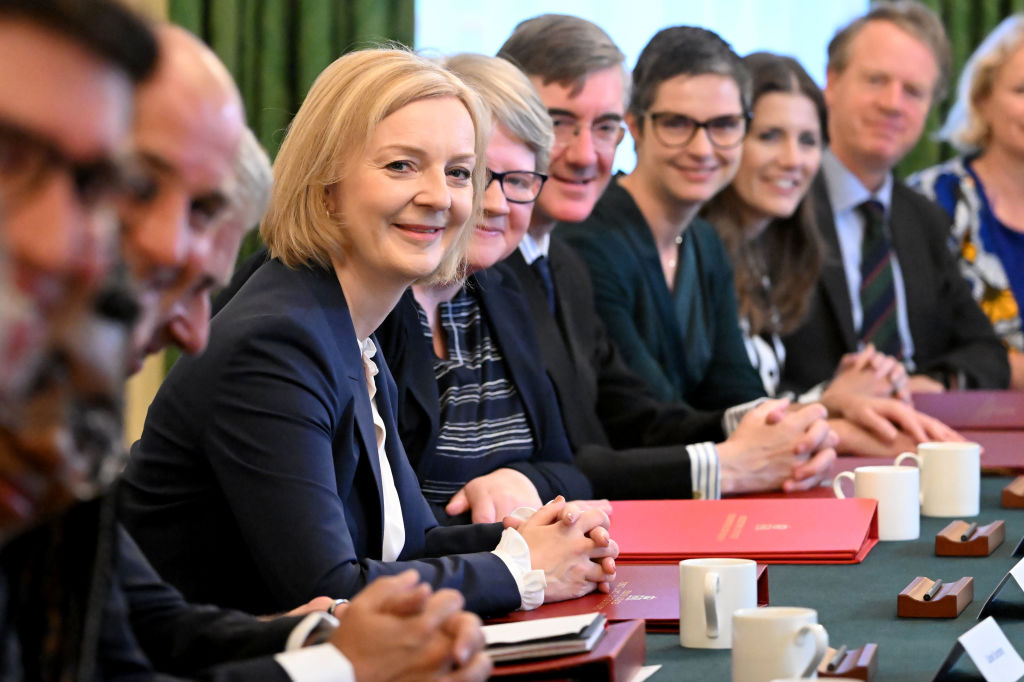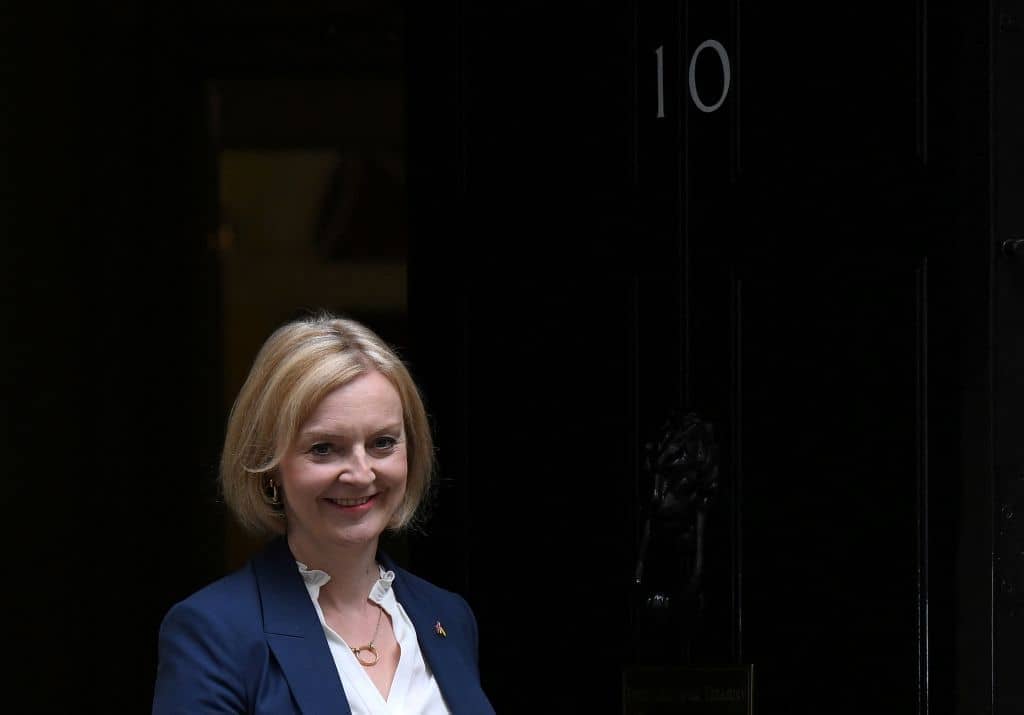How 10 Downing Street works – or doesn’t – always reflects the character of the prime minister who inhabits it. Boris Johnson’s No. 10 was chaotic and scandal-ridden. Theresa May’s indecision meant that hers was led by the will of her strong-minded advisers, not by her own agenda. David Cameron’s was slick, but last-minute. Liz Truss served in government under all three of them, and so witnessed all three approaches. She wants her Downing Street to be different.
Even before Truss entered Downing Street on Tuesday, change was under way. After No. 10 earned a reputation in the past year as a louche place full of late-night drinking, aides have been told that the government is smartening up: there will be a shirt-and-tie dress code. But the more important change is structural. The old policy unit has been drastically slimmed down. The delivery unit, the data team and legislative affairs have been moved. In their place is a new economic unit whose role is to help Truss and her Chancellor Kwasi Kwarteng take on the ‘Treasury orthodoxy’ that Truss spent so much of her leadership campaign railing against.
In a bid to strengthen the relationship between Truss and her most important ministers, new offices are being created in Downing Street for both Wendy Morton, the new chief whip, and Thérèse Coffey, the Deputy Prime Minister. ‘We’ve blown up the No. 10 floor plan,’ says an aide. The idea is to create a leaner, nimbler operation. And slimming down doesn’t just set an example to other departments; it’s also intended to create higher accountability. Truss views a new economic approach as crucial to her premiership.
As well as appointing a like-minded Chancellor in her old friend Kwarteng, she wants No. 10 to have far more economic oversight. As such, Matthew Sinclair is joining as her chief economic adviser. Truss knows Sinclair from his thinktank days, when he was director of the Taxpayers’ Alliance and specialised in attacking wasteful government spending.
Aides have been told that the government is smartening up: there will be a shirt-and-tie dress code
History shows that such a move can lead to friction. Nigel Lawson quit as chancellor over Alan Walters’s role as Margaret Thatcher’s economic adviser. Aides believe Truss and Kwarteng are too closely aligned to have such issues (his mantra in the role is ‘facilitate, not emasculate’) and that he too needs backup to fight Treasury officials who are instinctively opposed to the deficit financed tax cuts which have become Truss’s signature policy.
The No. 10 operation will be led by Mark Fullbrook, a political strategist who set up a business with Lynton Crosby. The appointment is not without criticism seeing as Fullbrook has little experience of government and isn’t exactly a Truss loyalist. He worked for two of her leadership rivals this summer – Nadhim Zahawi, then Penny Mordaunt – before joining her team. However, the view is that a senior figure (he’s 60) was needed given the relative youth of Truss’s longer standing aides. Fullbrook is regarded as a unifier, who is liked by many Tory MPs. ‘He’s good at boosting team morale,’ says a colleague. ‘He is happy to celebrate others’ achievements.’
The Prime Minister’s circle is tight-knit. Her advisers bonded over group dinners at Chevening – the country house used by foreign secretaries – as she made her plans for government. ‘There are about ten aides with key roles,’ says one member of Truss’s inner circle. After the official victory party for supporters on Monday night in Cannon Street, Truss and her closest staff ended up going back to Admiralty House for a private drink. Already some MPs say they feel sidelined.

Loyalty has become a defining part of Truss’s government. Her cabinet is largely made up of those who backed her for the leadership and there are almost no Rishi Sunak supporters. The purge has upset those MPs who now think they will be left out in the cold. ‘Her margin of victory wasn’t huge. She should have acknowledged that and reached out,’ says one who backed Sunak.
The preference for loyalty runs deeper still. Ministers have been told they cannot hire aides without approval from Fullbrook. Already some candidates have been vetoed.
If Truss appoints people she trusts, it should mean in theory that she will be able to devolve decisions. The restructure is meant to empower cabinet ministers. She would like most policy to come from departments, working closely on her clear instructions. Part of the reason for the slimming down of the No. 10 policy unit is a view that it creates policy for the sake of it.
Should the devolving fail, it will fall to her enforcer-in-chief to push things through: Zahawi, the new head of the Cabinet Office, who is a close ally of Fullbrook. The delivery unit is now under his watch, where he is reunited with the civil servant Emily Lawson, with whom he worked on the vaccine rollout. ‘If Kwasi is going to be a chief finance officer, Zahawi will be a chief operating officer,’ explains an ally. Zahawi has had to work quickly on a charm offensive given that many of the civil servants he has inherited feel rather snubbed to have been pushed out of No. 10. In Whitehall, proximity is regarded as power.
Trying to slim down the operation isn’t a new idea. Lots of prime ministers have started off doing it, only to bulk up staff numbers as they run into problems. Some of Truss’s supporters are speculating that the No. 10 roles will change before the year is out. But for now, she wants not just to lead by example but also to make sure that those around her are people she can rely on – the people who got her into No. 10 in the first place.
If her approach goes to plan, her Downing Street will be hailed as a nimble and lean operation. If things start to go wrong, it will be criticised as short-staffed and inexperienced. With so many crises ahead, the verdict might not be long in coming.
Britain after Boris: Coffee House Shots Live, with Andrew Neil, Fraser Nelson, Katy Balls, James Forsyth and Kate Andrews takes place on 13 September. To book tickets click here.







Comments